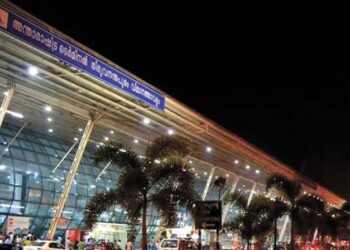The green signal has been given by the Union Cabinet to the PM e-Bus Sewa initiative, a visionary scheme aimed at catalysing environmentally friendly transportation and enhancing public transit. This visionary endeavour is set to usher in a fleet of 10,000 e-buses across 169 cities. The central government has pledged substantial assistance of ₹20,000 crores for this transformative project, which is projected to require an overall investment of ₹57,613 crores. The financial responsibility for the remainder will be shared by state governments and private partners who align with the project’s vision.
At the core of the scheme lies a concerted effort to prioritise cities that lack robust public transportation infrastructure. The overarching aspiration is to actualize this initiative by the year 2037. Implementation will be guided by a Public-Private Partnership (PPP) model, a collaborative framework where governmental bodies and private entities join forces to undertake development endeavours.
Furthermore, the initiative underscores a commitment to promoting non-motorised transport means in select urban areas, encompassing bicycles, skateboards, push scooters, wheelchairs, and rickshaws, among others. The rollout of e-buses will encompass cities with populations ranging from 5 lakh to 40 lakh. Union Minister Anurag Thakur has outlined a progressive allocation strategy, stipulating 50 e-buses for cities with populations below 5 lakh, 100 for those with populations between 5 lakh and 20 lakh, and 150 for cities housing 20 to 40 lakh residents. The phased introduction of these new e-buses will ultimately lead to the complete phase-out of diesel buses.
Additionally, the blueprint includes comprehensive plans to transform 181 cities through eco-friendly endeavours. The implementation will unfold in two distinct phases: the initial phase encompasses the introduction of e-buses across 169 cities, alongside initiatives in 181 urban centres. The allocated funds, amounting to ₹20,000 crores, will be designated towards diverse aspects, with ₹15,930 crores earmarked for buses, ₹2,264 crores for infrastructure development, and ₹1,506 crores for promoting green urban mobility. In this model, the respective state governments will shoulder the responsibility of operating the bus services and compensating the bus operators. The central government has also committed to providing subsidies to bolster this transformative endeavour.












Comments